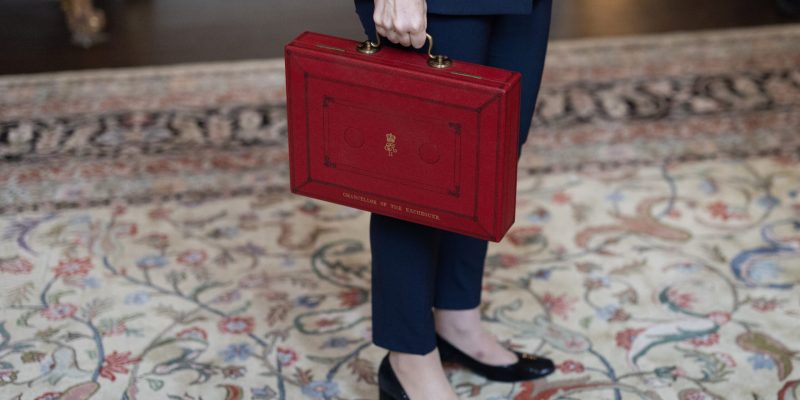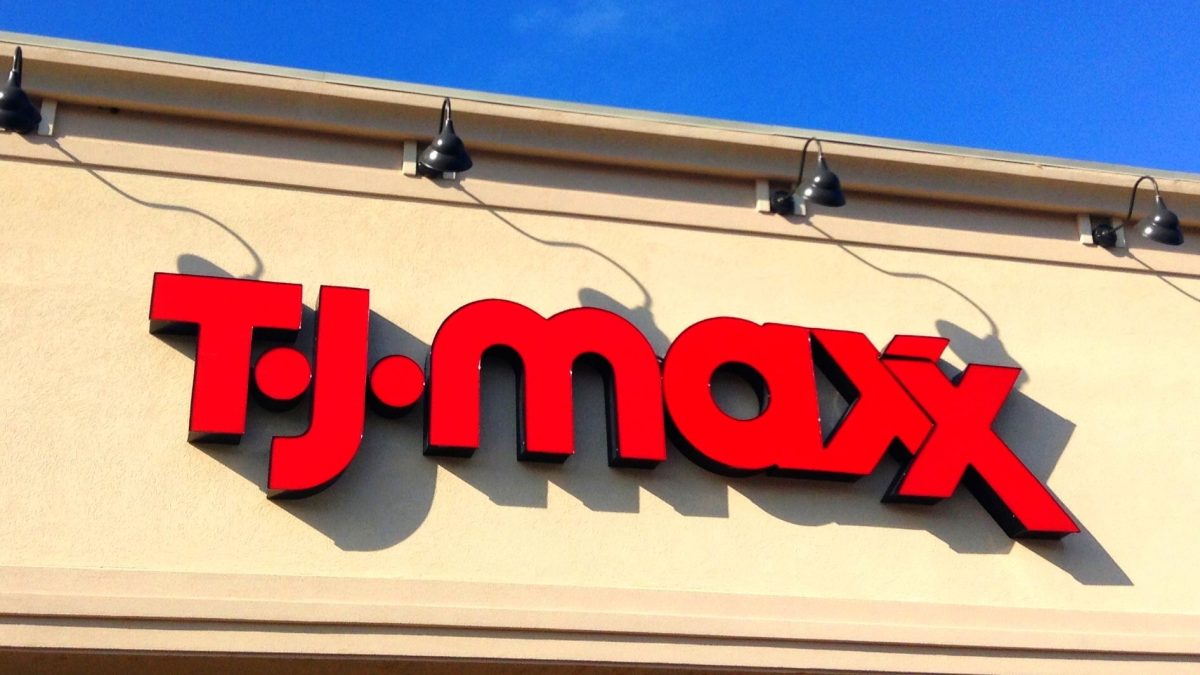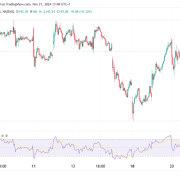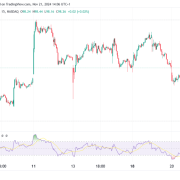
Chancellor Rachel Reeves delivered Labour’s first budget in 14 years on Wednesday in what was dubbed by experts as the largest tax-raising budget the UK has seen in decades.
This sweeping fiscal package included significant tax increases to address a £40 billion deficit, as was being expected.
Stock markets responded positively to the announcement, with the FTSE 250 rising by over 1% during the session.
The FTSE 100, however was down by more than 0.5%.
In another historic significance, Reeves also became the first female chancellor to have announced the budget.
Reflecting on the significance of the occasion, she declared at the onset of her speech,
I am deeply proud to be Britain’s first-ever female Chancellor of the Exchequer. So girls and young women everywhere, I say, let there be no ceiling on your ambition, your hopes, and your dreams.
Here’s a breakdown of the key announcements from Reeves’ budget.
Capital gains tax to increase
In a move expected to bring in billions, the government will increase capital gains tax rates.
The lower rate will rise from 10% to 18%, while the higher rate will jump from 20% to 24%.
“Even with these adjustments, our rates remain the lowest among European G7 countries,” Reeves said.
The changes aim to close the gap in government finances while keeping the UK competitive in the global market.
Increase in stamp duty
Stamp Duty on buy-to-let properties and second homes will rise from 2% to 5% from tomorrow, Reeves announced.
This increase, which will impact landlords’ finances, is part of Reeves’ plan to address a £22 billion deficit in public finances.
Inheritance tax reform to raise over £2 billion
Reeves also unveiled stricter rules on inheritance tax, which are projected to raise more than £2 billion.
The Chancellor extended the inheritance tax threshold freeze until 2030, meaning estates worth up to £325,000, or £1 million for married couples with direct descendants, will remain tax-free.
From April 2027, inherited pensions will fall under inheritance tax, closing a loophole that previous policies had expanded.
The government will also reform agricultural and business property relief.
While the first £1 million of business and agricultural assets will remain tax-free, assets exceeding that value will be taxed with a 50% relief, leading to an effective rate of 20%.
“Our approach ensures that we protect small family farms, with three-quarters of claims unaffected by these changes,” Reeves explained, aiming to ease the tax burden on smaller, family-run operations.
Employers’ National Insurance contributions to rise by 1.2%
Businesses in the UK will also see higher costs with an increase in employers’ National Insurance contributions by 1.2 percentage points, bringing the rate up to 15% starting April 2025.
The government will reduce the secondary threshold from £9,100 to £5,000, creating additional contributions from employers on lower-wage employees.
Reeves acknowledged the potential impact on businesses but justified it as essential to securing a more stable economy.
I know that this is a difficult choice. I do no take this decision lightly. We are asking businesses to contribute more. And I know there will be impacts of this measure felt beyond businesses too.
Reeves said the measure would raise £25 billion annually by the end of the forecast period.
No increase to Income Tax, National Insurance, or VAT
Reeves began by assuring the public that there would be no increase in the basic, higher, or additional rates of Income Tax, National Insurance, or VAT.
She emphasized that these popular tax rates would remain steady, preserving stability for working individuals amid other more targeted tax increases.
“With this budget, we’re asking those who can afford it to contribute more,” Reeves said, underscoring that the focus remains on larger businesses and high-earning individuals.
End of non-dom tax regime
From April 2025, the UK’s non-domiciled, or “non-dom,” tax regime will be abolished.
Reeves argued that those making the UK their home should also contribute their fair share in taxes.
I have always said that if you make Britain your home, you should pay your taxes here too.
Reeves said the move would raise £12.7 billion ($16.5 billion) over the next five years
Increase in state pension
The state pension will rise by 4.1% in 2025-26, bringing the weekly allowance to £470.
This increase aligns with the government’s commitment to the Triple Lock, which links state pension increases to wage growth, inflation, or a 2.5% baseline, whichever is higher.
“Our manifesto committed to the triple lock… to ensure that our pensioners are protected in their retirement. This commitment means that while working age benefits will be uprated in line with CPI, at 1.7%, the basic and new state pension will be uprated by 4.1% in 2025-26,” she said.
Relief for retail, hospitality, and leisure sectors
Reeves announced relief measures for retail, hospitality, and leisure (RHL) businesses.
Starting in 2026-27, these properties will see permanently lower tax rates.
Additionally, 250,000 RHL properties will benefit from a 40% relief on their bills, up to £110,000 per business for the 2025-26 fiscal year.
The relief aims to support businesses as they navigate challenging times.
Private schools to face 20% VAT
Beginning in January 2025, private schools in the UK will be subject to a 20% VAT on all education, training, and boarding services.
The funds generated will be directed toward public schools, improving educational standards and access.
Reeves stated, “This investment in state education will ensure that all children, not just those in private schools, benefit from increased funding.”
New tax on vapes, reduction in draft alcohol duty
To curb vaping, particularly among young people, Reeves introduced a new vaping duty at £2.20 per 10ml of liquid, effective October 2026.
Additionally, a one-time increase in tobacco duty will promote the use of refillable vapes as a less harmful alternative to cigarettes.
Additionally, in an encouraging move for pubs and breweries, Reeves announced a 1.7 percentage point reduction in the duty on draft alcoholic beverages which she said meant a “penny of a pint in the pubs”.
Reeves rationed that nearly two-thirds of alcoholic drinks sold in pubs are served on draughts.
For non-draft alcohol however, duty rates will increase in line with inflation starting in February 2025.
Fuel duty frozen, private jet air passenger duty increased
In a measure to aid working families, Reeves revealed that fuel duty will remain frozen next year, retaining the 5p cut.
“This freeze is a £3 billion tax cut, saving motorists around £60 annually,” she noted.
The policy aims to protect consumers from inflationary pressures and support those dependent on personal transportation.
While short-haul commercial flights of economy class will see a minimal increase of 2 pounds in air passenger duty, Reeves announced a 50% increase in the duty for private jet flights, amounting to around £450 per passenger for long-haul trips.
£2.26 billion aid for Ukraine
Reeves announced the UK government’s commitment of £2.26 billion to Ukraine, drawing on proceeds from sanctioned Russian assets.
This funding, part of a G7 initiative, aims to support Ukraine’s defense and recovery, adding to the £12.8 billion already pledged by the UK since the war’s onset.
The post UK Budget 2024: from capital gains tax hike to inheritance tax overhaul—key takeaways appeared first on Invezz











